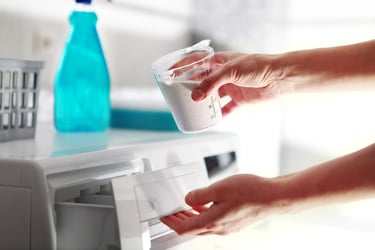eStoreRx™
Online Supplement Dispensary
Easy direct-to-patient ordering & fulfilment for Lifelong Wellness, eStoreRx™ is offered as part of the WholePractice membership or as a stand-alone program.
For over 40 years, Biotics Research Corporation has revolutionized the nutritional supplement industry by utilizing “The Best of Science and Nature”. Combining nature’s principles with scientific ingenuity, our products magnify the nutritional
This inclusive membership contains all of the the tools you need to grow your business, including WholeLifeRx™, Nimativ®, WholeLifeQ™, eStoreRx™ and Practice Success Programs.
Easy direct-to-patient ordering & fulfilment for Lifelong Wellness, eStoreRx™ is offered as part of the WholePractice membership or as a stand-alone program.
April 18 2024
Results of a large population-based observational cohort study examining the association between weight loss and diabetes remission were recently publ...

An altered microbiota (dysbiosis) can play a central role in the pathogenesis of numerous intestinal disorders including inflammatory bowel disease (IBD) and are associated with colorectal cancer. An altered microbiota can play a role in promoting colitis-associated cancer through the induction of inflammation, and also through the production of toxins that create a favorable niche for tumor cells. Commensal organisms can have an enormous impact on tumorigenesis through the production of tumor-promoting genotoxins that can induce chromosomal instability. Common emulsifies such as carboxymethylcellulose (CMC) and polysorbate-80 (P80) are detergent-like molecules that are incorporated into many processes foods. It has been demonstrated that both CMC and P80 promoted microbiota encroachment and increased levels of proinflammatory flagellin and lipopolysaccharide (LPS), which correlated with a change in microbiota composition and intestinal inflammation. In this study researchers subjected mice to chronic exposure of CMC and P80. They reported that these agents created and maintained a proinflammatory environment in the colon, associated with alteration of the proliferation/apoptosis balance that resulted in exacerbated carcinogenesis. These changes were associated with, and dependent upon, alterations in microbiota composition and diversity that created a favorable niche for tumorigenesis, supporting the concept that a perturbed host-microbiota interaction
resulting in alteration of the intestinal homeostasis can promote colonic carcinogenesis.
Veinnois E, Merlin D, Gewirtz A, Chassaing B. Dietary Emulsifier-Induced Low-Grade Inflammation Promotes Colon Carcinogenesis. Cancer Research; 77(1)
Jan 1, 2017. doi: 10.1158/0008-5472./CAN-16-1359
Submit this form and you'll receive our latest news and updates.
*These statements have not been evaluated by the Food and Drug Administration. This product has not intended to diagnose, treat, cure, or prevent any disease.
© 2023 Biotics Research Corporation - All Rights Reserved
Submit your comment